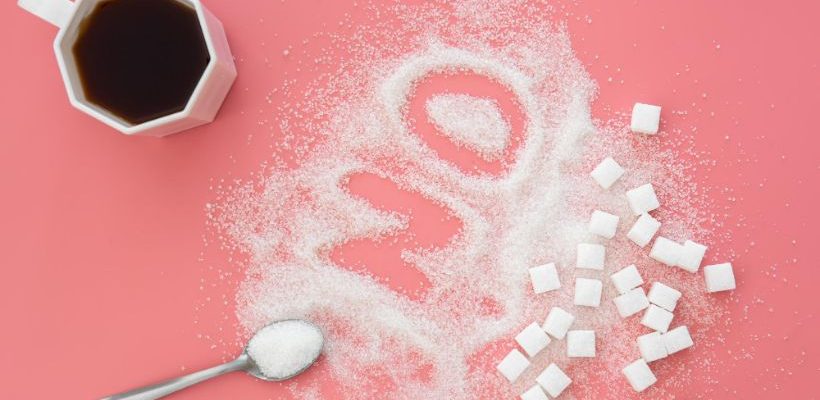
Could there be a link between breast cancer and artificial sweeteners? Well, there is! For years, manufacturers and the FDA reassured the public that natural sweeteners were completely safe. But are they really? Today, let’s look at the relationship between breast cancer and artificial sweeteners, including how they work to cause cancer.
There are different types of artificial sweeteners out there like:
- Saccharin
- Sucralose
- Acesulfame potassium
For the sake of discussion, we are going to focus on the most popular sugar substitute type i.e., aspartame. So, keep reading if you want to know about the dangerous aspartame side effects, as we are going to talk about it in detail.
What is Aspartame?
Before we dive into the side effects of aspartame, let us first understand what it actually is. We can say that aspartame is a “first generation” sugar substitute. It’s 200 times sweeter than regular sugar, so it’s a favorite ingredient in many food and beverage products. We feel that some of you may know it as NutraSweet, Spoonful, and Equal.
At first, the FDA didn’t approve of this as a sugar substitute. But through dirty politics and regulatory tactics, G.D. Searle & Company finally got the go signal to sell it as an artificial sweetener in dry goods in 1981. And it is quite obvious that they didn’t care at all about the aspartame effects as all that mattered to them was profit and money.
We know that many of you might be wondering about whether aspartame is 100% safe or not, right?
How Does Aspartame Affect Your Health?
For decades, health advocates have been asking the FDA to re-evaluate their decision about artificial sweeteners because breast cancer is believed to be one of the most fatal possible aspartame side effects. Yes, that’s true.
Health groups aren’t really happy and want the FDA to re-evaluate their decision because one of the effects of aspartame is that it may play a role in the incidence of breast cancer. For instance, there are higher incidences of breast and prostate cancers in North America and Europe compared to Asia and Africa, which have lower consumption of NutraSweet, another brand name for non-nutritive sweeteners.
You should know that inside the body, aspartame is broken down into methanol (10 percent), aspartic acid (40 percent), and phenylalanine (50 percent). Experts say that these compounds are highly safe because fresh fruits and veggies have them.
You might be thinking about why we were talking about the side effects of aspartame then, right? Well, here’s where it gets ugly.
Once taken, the body converts aspartame into methanol within minutes. The next step is converting methanol into formaldehyde, a compound linked to cancer in humans. Yes, you heard it right! And in his study, Dr. Monte reaffirmed this fact and added that it’s not only the liver that metabolizes this compound.
Aside from the liver, one of the few richest sources of Alcohol Dehydrogenase Enzyme (ADH) in the body is human breasts, specifically the mammary endothelial cells. And you need to keep in mind that most cases of human breast cancer normally start in the mammary epithelial cells.
Aspartame Does More Harm Than Good
We agree that not everyone who uses artificial sweeteners is bound to get sick, but…
We can’t simply ignore population studies and clinical trials that suggest that artificial sweeteners, like aspartame, may contain certain ingredients that could put a person at risk for different types of illnesses, like diabetes and cancer. Yes, we cannot just ignore the studies that point to various aspartame side effects. The result of one animal study even suggests that exposure to aspartame in the womb could cause blood and breast cancers.
So, what are your thoughts on the issue of breast cancer linked to using aspartame?
Final Words
We hope that your question about “aspartame: good or bad” is answered now. It is obviously not good for our health. We believe that natural sweeteners, such as honey, maple syrup, and agave nectar, are great alternatives to artificial sweeteners. These sweeteners can be used in place of sugar in recipes and are often promoted as healthier options due to their lower glycemic index and potential health benefits.
Also Read
DISCOVER THE MIRACULOUS HEALTH BENEFITS OF POMEGRANATE
7 GAME-CHANGING TIPS FOR MANAGING TYPE 2 DIABETES
SLEEP APNEA: THE SURPRISING CULPRIT BEHIND YOUR RESTLESS NIGHTS




